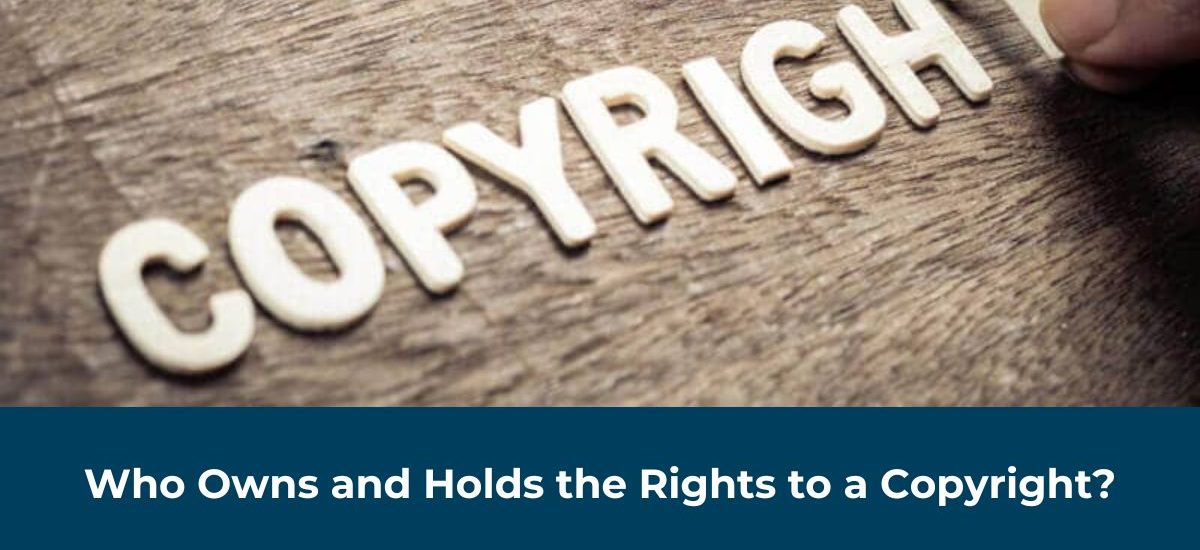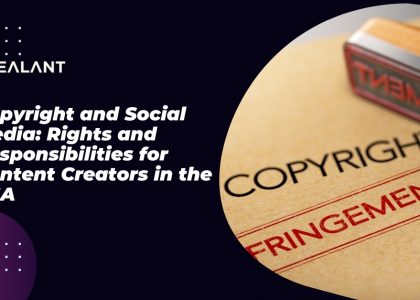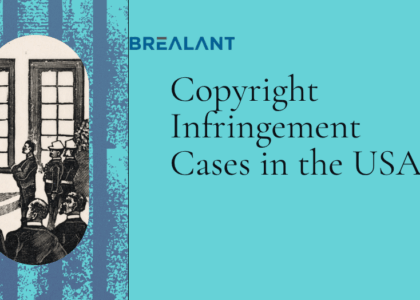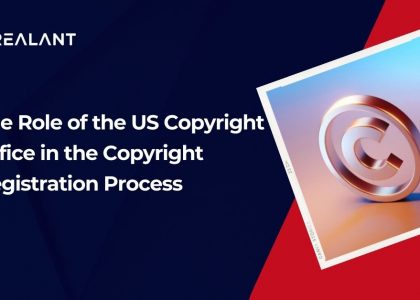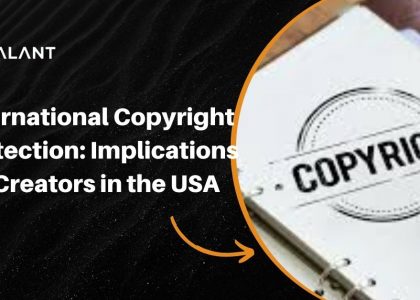Copyright law is a complex and ever-changing legal system that governs the rights of creators of intellectual property. Anyone who creates or publishes a creative work must secure permission from the copyright holder to share their work publicly. Copyright law allows for different types of rights holders, including authors, composers, songwriters, and artists. The law governing copyrights is based on the concept of exclusive copyright ownership. This means that one person or entity owns the exclusive right to distribute, sell and use the copyrighted work however they see fit. This includes granting licenses to others so they can share the work too.
Copyrights can be very valuable assets, especially in creative works. If you are the owner of a copyright, it’s important to understand your rights and protect them accordingly. Otherwise, you may face legal challenges from other parties identifying with your work.
Copyright law varies from country to country, but some common principles are at play. For example, every work must be original and created by an author with talent. To qualify for copyright protection, the work must also be fixed in a tangible form (like a poem written on paper). Finally, the work must be registered with the appropriate government office to be protected under copyright law.
Who can own a copyright?
As digital media grows in popularity, it is important to understand copyright rights. Who owns the copyright to a digital image or video? Sometimes, the person who created the content may own the rights. For example, if you are an author and write a story, you would likely own the copyright. But what about taking an image or video online and using it in your work?
Copyright is a legal principle that protects original works of authorship, such as literary, dramatic, artistic, and musical works. Copyright law provides certain exclusive rights to the authors of these works, such as the right to reproduce or distribute their work. To be granted copyright protection, a work must be original and not currently in the public domain. This means that the work must have been created by an individual or group identified as the author(s).
Several factors determine who owns the copyright to a digital image or video. In some cases, the creator of the content may own the rights. For example, if you are an author and write a story, you would likely own the copyright. But what about taking an image or video online and using it in your work? Even if you did not create or create only a small part of that content, you might still own it under certain circumstances.
It is important to understand your rights when using digital content. Learning about copyright can help protect your intellectual property and ensure you receive work credit.
Who holds the rights?
In most cases, the copyright belongs to the author of a work. Copyright gives the creator of a work the sole right to reproduce, distribute, and publicly perform that work. This means that the author can only make money from selling or licensing copies of their work. For example, you are the copyright owner if you are writing a book. This means you can reproduce your book however you want and sell copies to others. Moreover, if you want to license your book to be used in a movie or TV show, you must negotiate this with the rights holder.
Under federal law, a work’s author is the copyright’s first owner. This means that no one else has the exclusive rights to distribute or sell copies of the work. However, copyright laws vary from country to country, so it’s important to check with your local Copyright Office before making any decisions about using copyrighted material.
Conclusion
A copyright is a legal right that protects original works of authorship. It gives the creator the exclusive right to publicly reproduce, distribute, and perform the work. This means you can prevent others from printing your photograph or copying your song without permission.
Created content will always remain subject to a certain degree of interpretation. That’s the nature of any work of fiction or nonfiction. However, proving that you are the creator and owner of a copyright can play a huge role in determining the outcome of a legal dispute. So if you have created original work (writing, music, images, etc.), ensure you know how to protect your rights. Are you looking forward to copyright your work? Then Brealant is the answer to all your IP-related doubts? To know more, visit the website and get the best advice from professionals.


